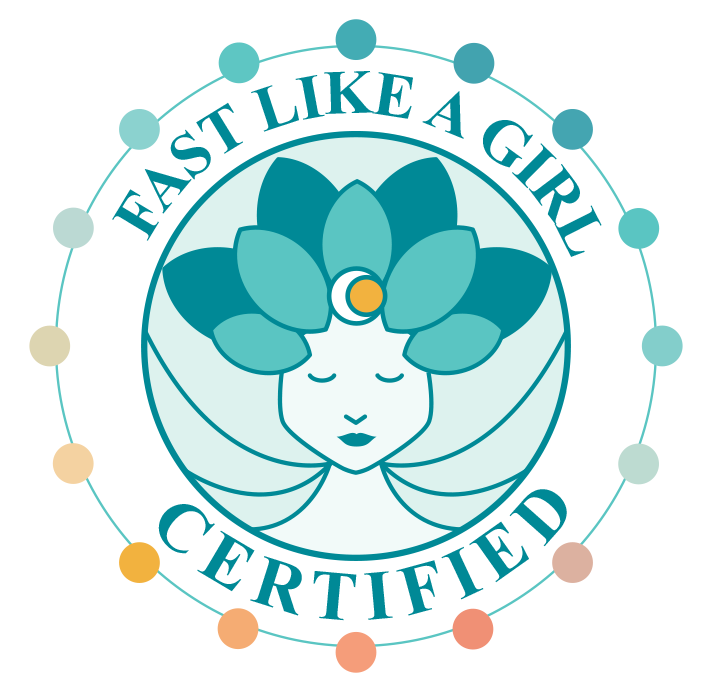If you were trying to lose weight, and you restricted your calories in what you ate throughout the day, sooner or later it would backfire.
As every “Biggest Loser” winner has proven, you gain the weight back!
This is because those winners have reduced their basal metabolic rate and not changed crucial metabolic processes underlying the weight gain. Ancel Keys and his starvation research back this up.
If you took the same low amount of calories per day and ate them within a narrow window within the day, something completely different would happen.
It’s about when you eat
You not only would lose weight for a month, you would continue to lose weight as your insulin decreases in subsequent months. In addition, you would even gain more lean body mass! This can be the benefits of intermittent fasting.
Research has shown that fasting, that is, increasing the time between eating again, has even greater benefits the longer you fast. When you abstain from food for one day, three days, five days, and more, the benefits do increase.
How long to fast?
What is the best amount of time to fast, you ask? It all depends of the benefits you would like to derive from fasting.
Three huge benefits from fasting longer include reduced insulin and overall blood sugar, clearing debris from cells, and rebooting the immune system to rebuild tissue.
Benefits to blood sugar & insulin
When you eat, your body secretes insulin to get fuel in the form of blood sugar into the cell. This fuel becomes energy for the cell. After about 12 hours, all the fuel from your meal in general would be used up. Then the body turns to a process that breaks down fuel stored as glycogen.
After about 24 hours from your last meal, the glycogen is gone and the liver turns to a process that makes fuel from fat. You become a fat burning machine at that point. The longer the time before you eat again, the deeper the body can reach into these fat stores.
At the point of fat burning, you make very little insulin and the blood sugar has dropped. You go into a state where blood sugar and insulin are at a healthy low. In addition, when you start eating again, you can maintain a lower overall level of blood sugar and insulin. This is important because high blood sugar and insulin and their effects lead to the most prevalent chronic diseases of our time: obesity, diabetes, cardiovascular disease, and cancer.
A fast for at least one day, therefore, will start to burn this stored fat and can dramatically decrease insulin resistance and start to reverse type two diabetes. As a side benefit, fat is burned for weight loss, while maintaining lean body mass. If this fast is continued for more than one day, the insulin and blood sugar continues to decrease to a more ideal level. In addition, by day four your basal metabolic rate will be increased by about 12%. Think about that, Big Loser!
A three to five day fast can do wonders for high insulin and blood sugar, and can be repeated regularly to reach and maintain a greater level of health.
At this time, I need to wave a warning flag for a huge caution. Anyone on metformin or diabetic medications most certainly needs to be monitored by their doctor, because blood sugar can drop too low during fasting due to the medications. In addition, anyone on any medication at all, especially NSAIDs, must also be monitored by their doctor while fasting. It is too risky to do on your own.
How else does fasting benefit health?
At about 16 – 18 hours of fasting, a metabolic process called autophagy ramps up. Autophagy is a normal physiological process in which cells degrade and recycle defective and damaged cell parts as well as attack and break down viruses and bacteria.
In 2016, Dr. Osumi received a Nobel Prize for his research on autophagy during fasting and its benefits. He showed that this cellular cleansing derived from fasting, although increased in less than a day of fasting, autophagy peaks at day three of an extended fast. That peak level is more than four times more than you can achieve in one day of fasting. Imagine how you would feel when your cellular machinery is working better because it has been cleaned out!
In addition, a three day fast, done periodically, could be used for cancer prevention as it potentially could eliminate cancerous cells in the body. It is also being looked at by researchers as an adjuvant for enhancing the efficacy of anticancer therapies.
Clear, then rebuild
At the same time that these cells are clearing debris, they recycle some of it to build new tissue. This is because fasting increases growth hormone, the hormone signal to build tissue. Growth hormone peaks during puberty, and tends to decline with age. It is made daily during sleep in order to repair the body at that time.
This increase in production of growth hormone during fasting has the end result of decreasing body fat and increasing muscle and bone mass. In addition, stem cells in many tissues are stimulated. This results in the regrowth of the intestinal lining, cartilage in joints, and other tissues of the body. It’s like getting a cellular overhaul just from abstaining from food for a period of three to five days!
Again, why fast?
Fasting is as old as humanity. Our ancestors had to find food, whether by gathering what was there seasonally, hunting, or planting and harvesting. Food was sporadically available, and human bodies adapted to times of no food, fasting, and short times when it was abundant, feasting.
Recent research has shown that fasting is the most efficient and consistent strategy for lowering insulin, improving insulin sensitivity, and lowering blood sugar. It just may be the missing piece in the weight loss puzzle because of this.
During fasting, the body is cleaning out. Each cell is able to break down damaged or defective parts, resulting in smoother functioning. In addition, fasting can preserve and rebuild muscle mass and bone density as well as many other tissues of the body.
Research has shown that by no longer eating all day every day and mimicking our ancestors, eating in carefully designed windows, we can improve our health. In a society where food is plentiful and eating a national pastime, it takes making health a priority and a making decision to change our habits by fasting.
I find that it is a way of life that does not have to be constricting, instead is liberating because of the health I enjoy.
If you would like to reap some of these benefits of fasting beyond 24 hours, please get supervision, whether from Dr. Cheryl or some other health practitioner experienced in fasting.





